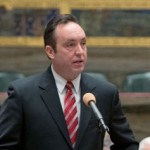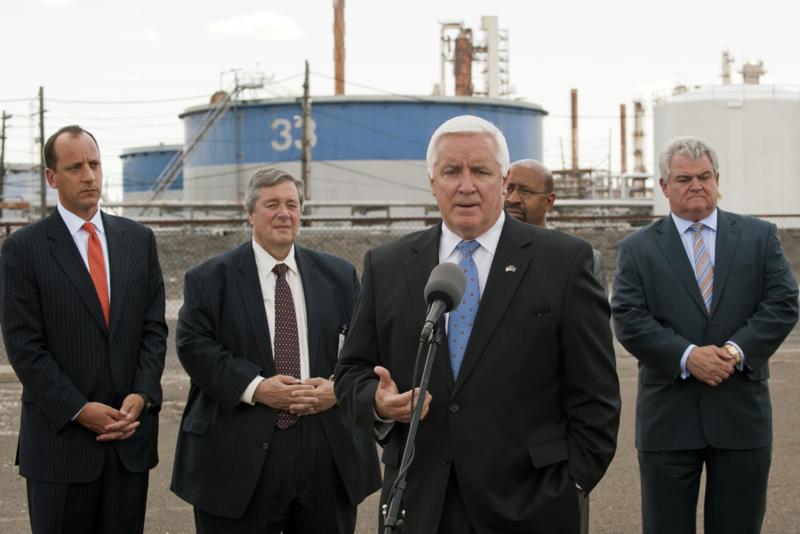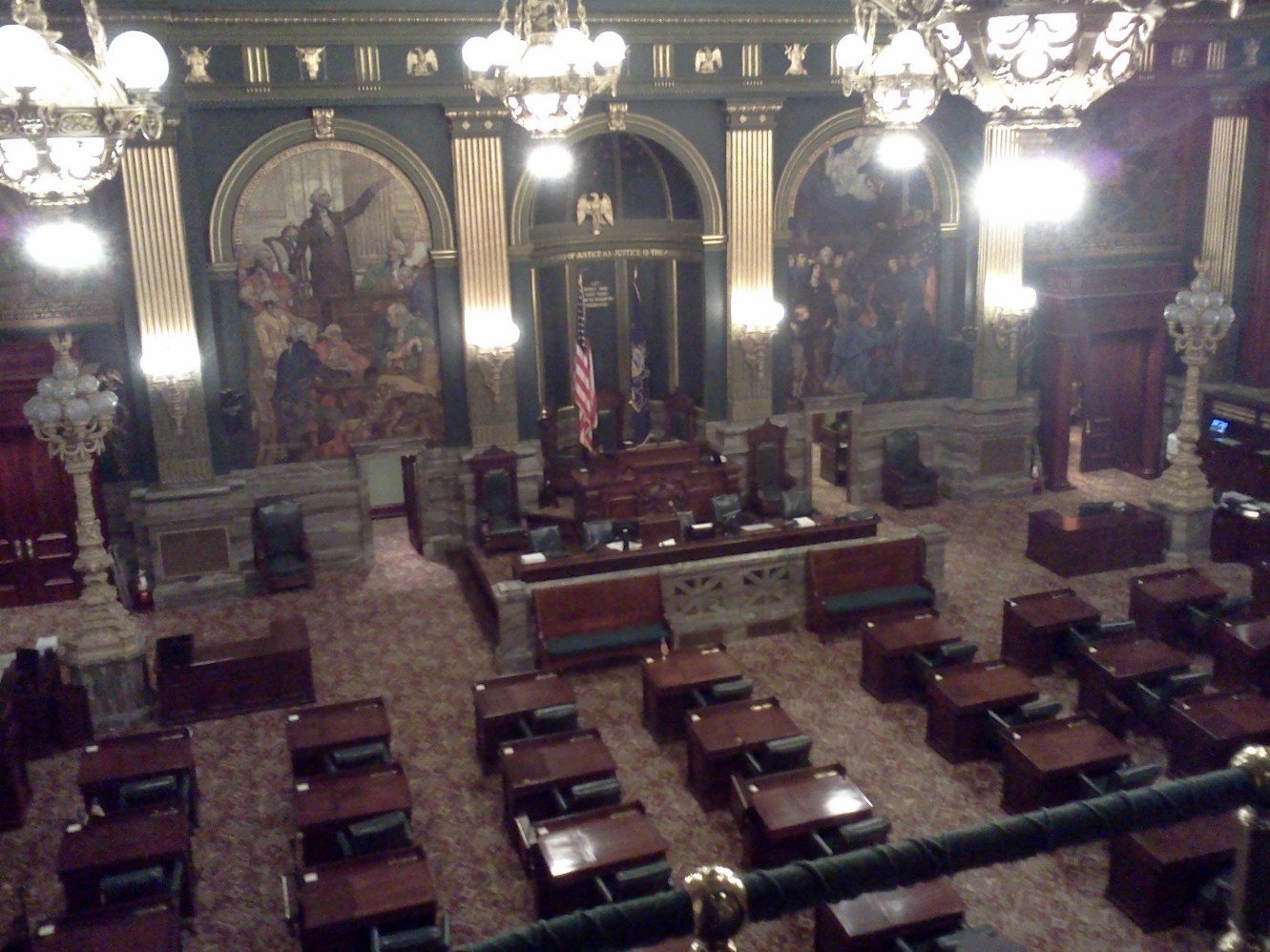No Easy Answers to Public Pension Woes
Regardless of any additional reforms, executives from the state’s two big public pension funds are telling state lawmakers that adequate employer contributions are essential. In this case, the state is the employer and its taxpayers are the ones footing the bill.
As it stands, the combined unfunded liabilities of the State Employees’ Retirement System (SERS) and Public School Employees Retirement System (PSERS) are north of $40-billion dollars and climbing. The reasons are many: the 2008 market crash, a lost decade in which the state opted to defer its pension contributions, and a 2001 law that padded pension benefits – especially for lawmakers themselves.
Governor Tom Corbett is proposing a series of long-term pension reforms in hopes of reducing the short-term burden on the state, and PSERS executive director Jeffrey Clay was peppered with questions during House and Senate budget hearings on Wednesday.
“If you’re basically asking the question, “can we get to solvency under Act 120?” the answer would be – from the pension system perspective – yes. The question is whether the state and the school districts can actually afford that,” Clay explains.
Act 120 of 2010 helped to smooth out the pension spike by reducing the benefits of future state employees and teachers, increasing the retirement age and extending the vesting period. Even with those reforms being imposed for all new hires, the state’s $1.5-billion dollar pension obligation this year is expected to climb to $4.3-billion by FY2016/17.
“The policy question for all of us sitting here is, “what are we willing to pay every year?”” said Senate Appropriations Chairman Jake Corman. As lawmakers are finding out, that’s a question without an easy answer.
When addressing the issue of switching new hires to a 401(k)-style ‘defined contribution’ plan, the funds’ executives say any system will work as long as it is well-structured and well-funded.
But critics say that sort of switchover ignores the diminished rate of return for the defined-benefit plans that would still be paying out benefits for decades to come. “Policymakers should ask the Corbett administration how much will be lost in investment earnings with pension restructuring and how much taxpayers will be on the hook when that happens,” says Keystone Research Center executive director Stephen Herzenberg.
The Corbett administration is banking on $175-million dollars in savings for the state, next year alone, through pension reforms. They say PA’s 500 school districts would be able to save another $138-million.











